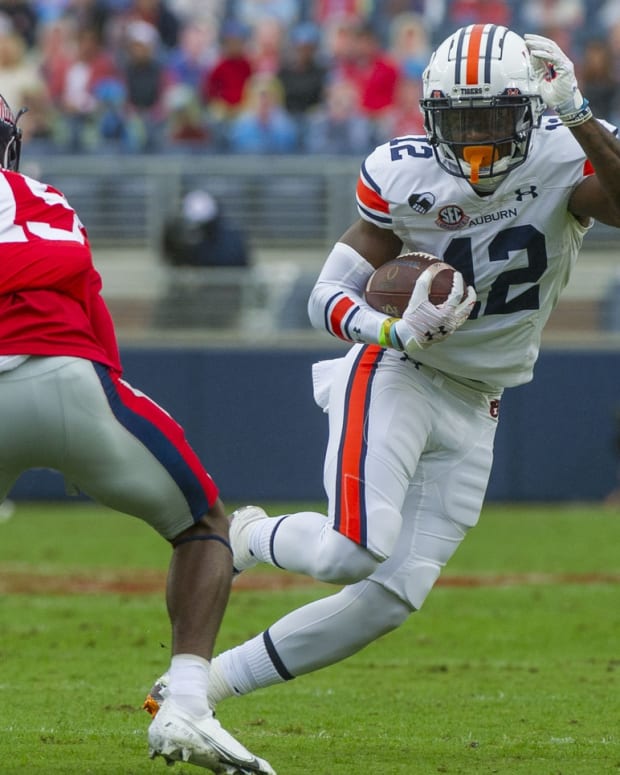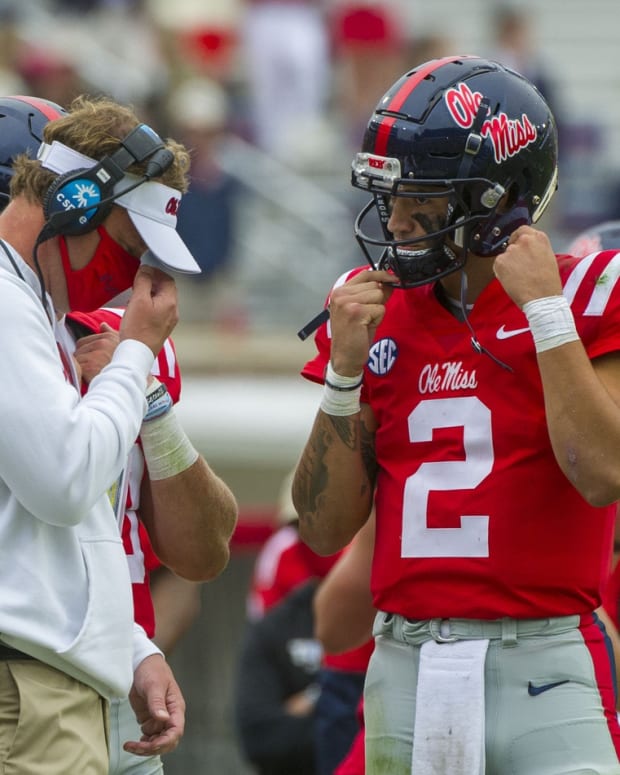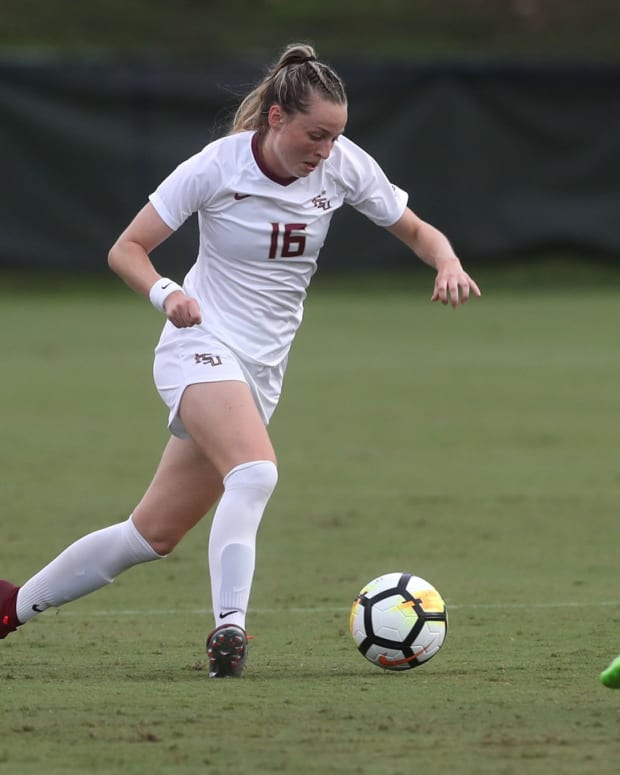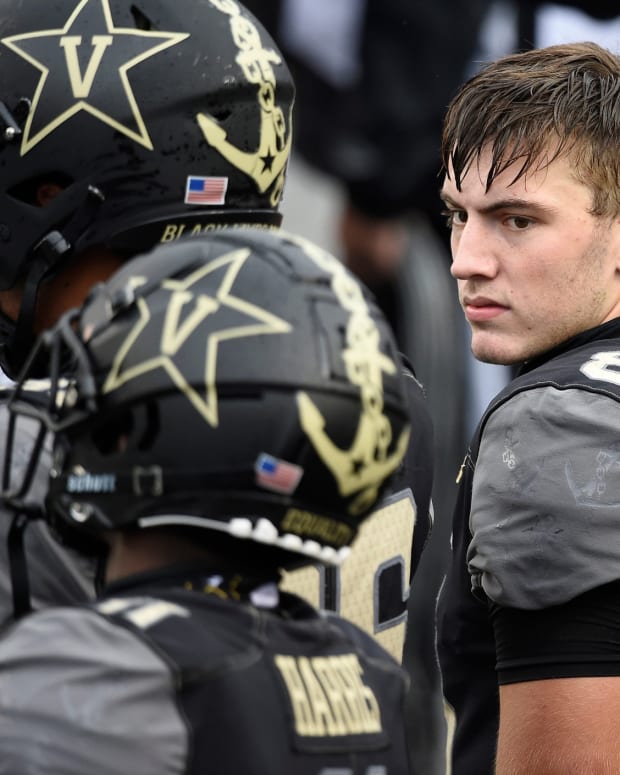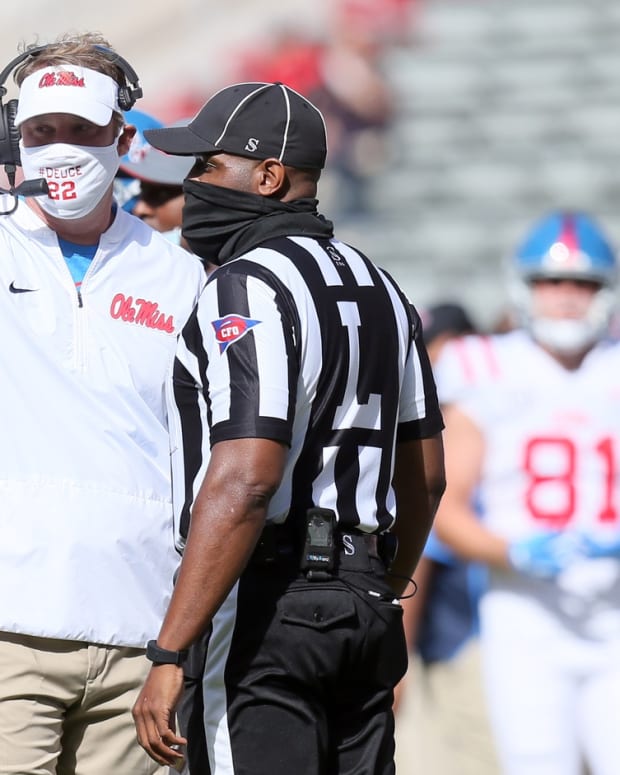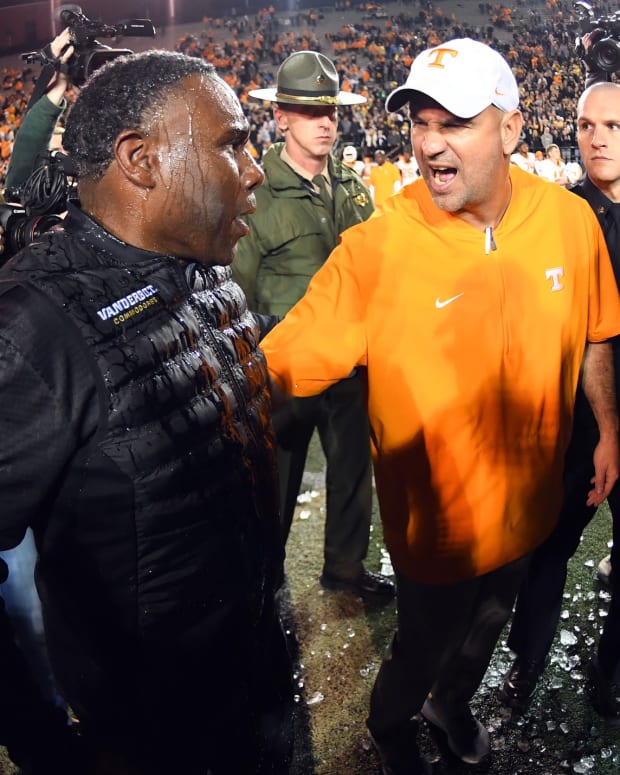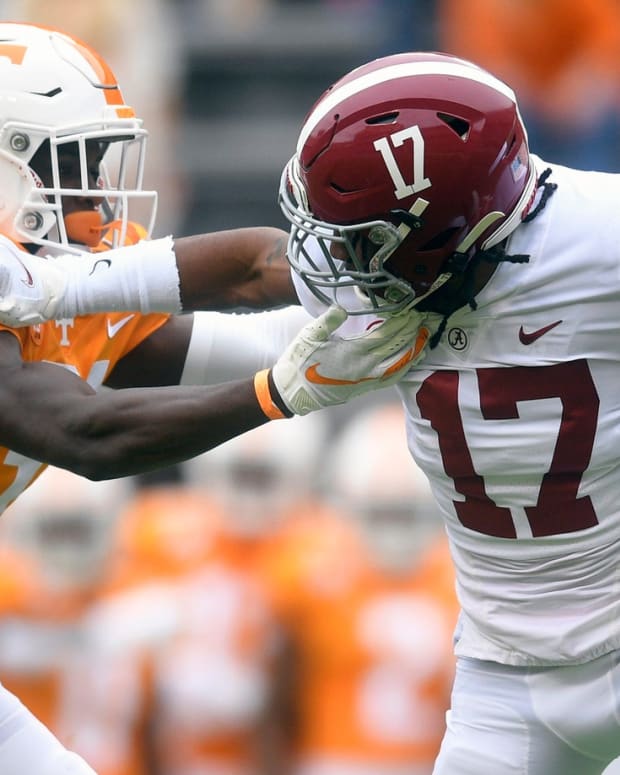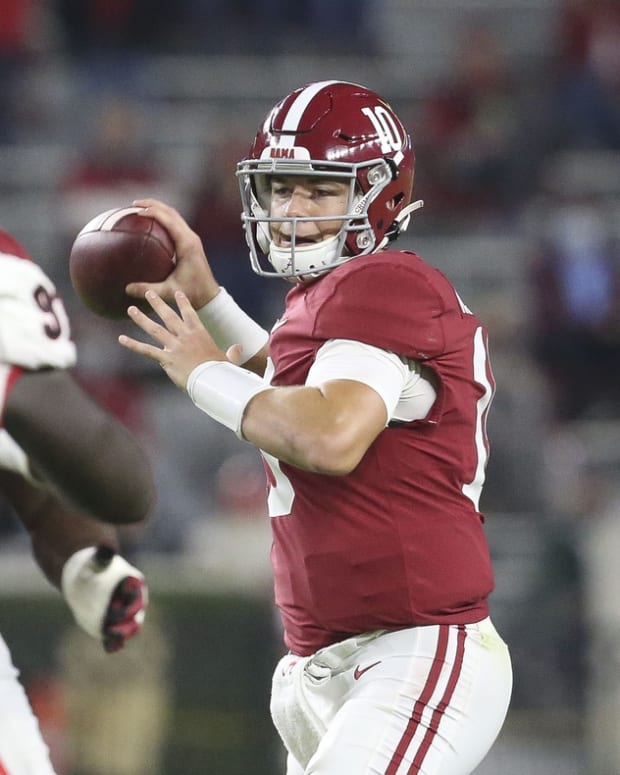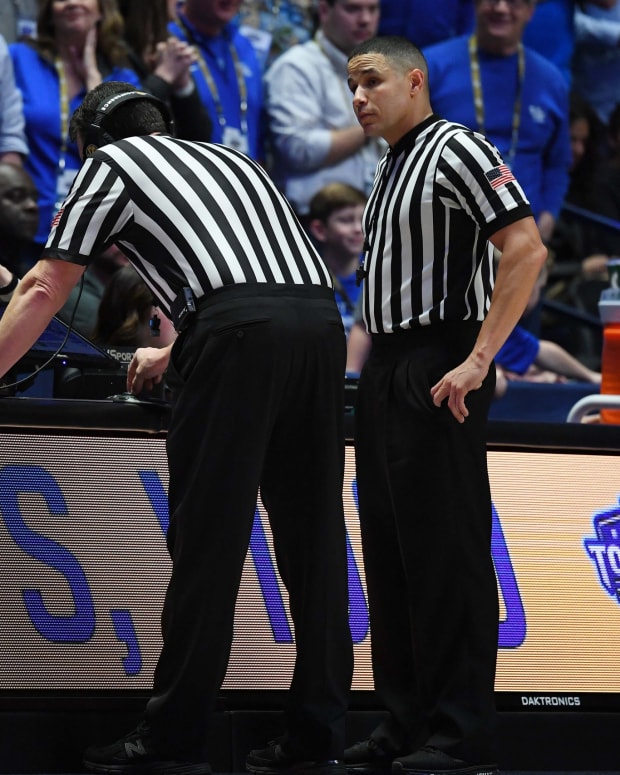Once Again, Experts Disagree on Facts
Who do we believe, and why should we believe any of the so-called experts on the COVID-19 coronavirus at this point?
Yes, Matilda, I know the virus is real, and some people that have contracted it have become very sick. Some have died, and more could come in the future before medical science finds the answers to stop it. At the same time, the survival rate and recovery rates are vastly higher than those who have perished at its hands.
Now that I've admitted there is a virus, and it can be deadly, you might be asking how it is that I can question the experts and ask why we should believe them.
That's a logical question, with a reasonable answer.
Look no further that the world of college football where on Tuesday, the Big-10 and Pac-12 canceled their football seasons, sighting medical experts who don't see a way to play this season safely.
Shortly after those announcements, the SEC and commissioner Greg Sankey issued a statement saying he was comfortable with the medical experts' "assessment" and that the conference would continue plans to play this season. At least at this time.
There you have it, medical experts from two different regions of the country saying the opposite thing on the same subject.
Knowing this, how are any of us supposed to believe the experts, and which experts are we to accept?
Now is not the first time during this pandemic that we've received contradictory advice from doctors. It likely won't be the last either, unless the virus miraculously vanishes tonight.
Yes, two learned individuals can look at the same subject and come to different conclusions. It's also possible that one is right, the other wrong.
How are we to determine which is which?
In the world of a 24-7-365 news cycle that never stops, one can read differing opinions within seconds of each other and be left with the decisions of which to follow.
Making the wrong decisions could have severe consequences.
None of this is easy, and those who are working to find answers are doing so as quickly as possible. Still, it's the confusion they are sharing as they find more and more solutions that have caused such division between people who think everyone should wear a mask, and those who refuse.
Now college football conferences have differing expert opinions on whether football should be played, meaning the debate will continue.
Let's hope there's a consensus or a cure sooner rather than later.
